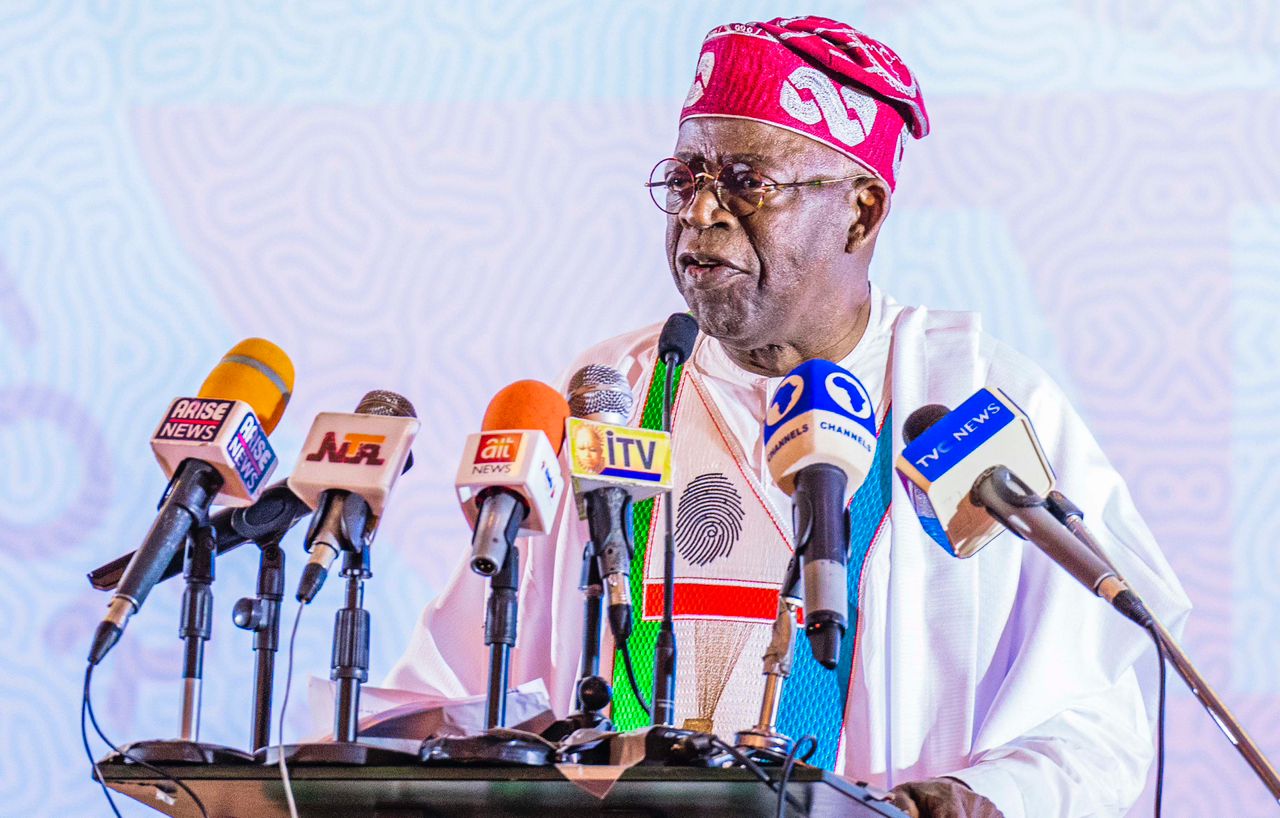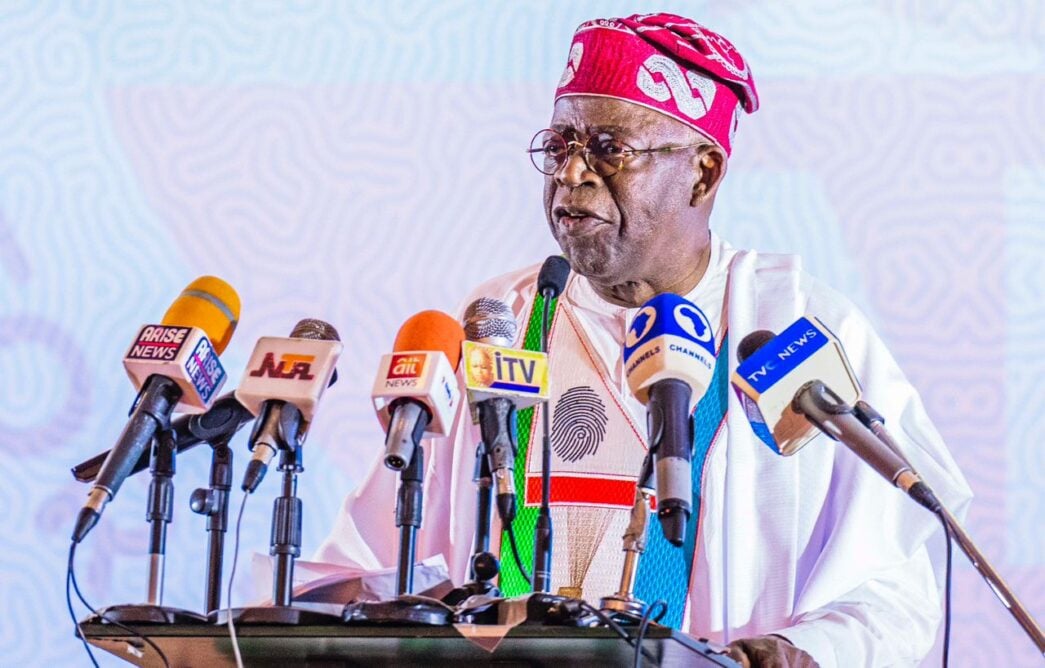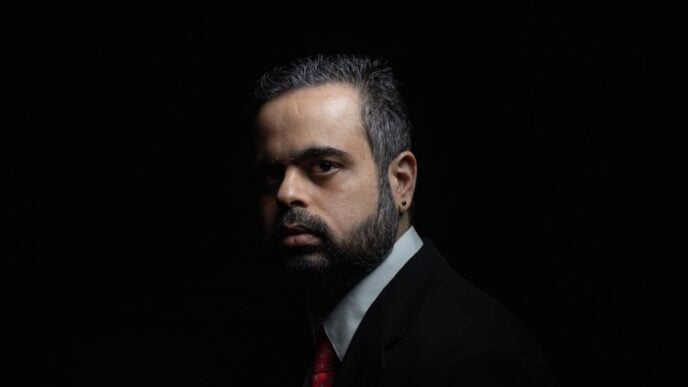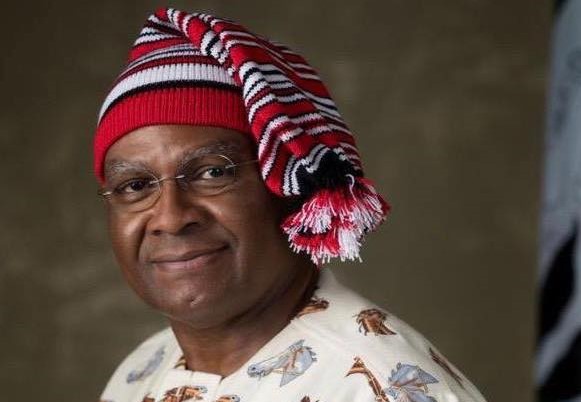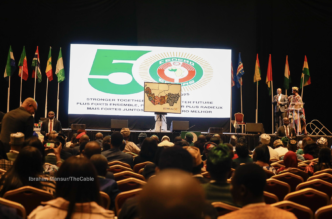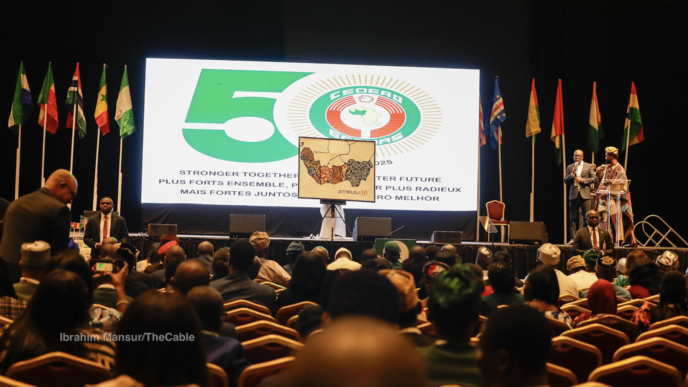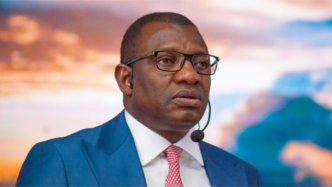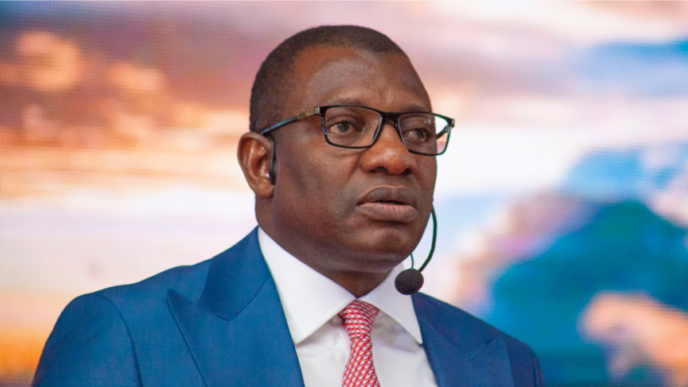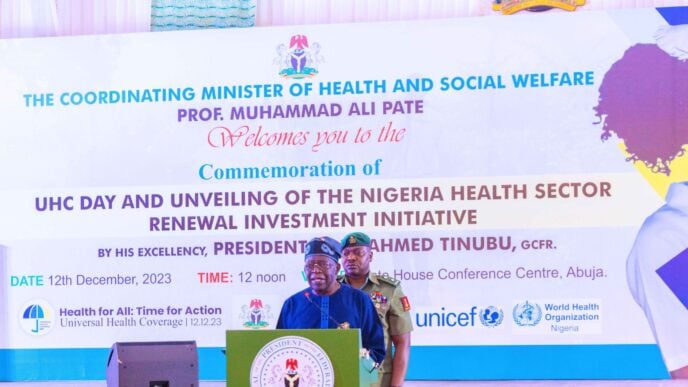Bola Tinubu
BY LEKAN OLAYIWOLA
At mid-term, President Bola Tinubu’s government has reported a flurry of impressive achievements including over 900,000 recipients of loans and grants, student loan schemes launched for 300,000 young Nigerians, ₦70,000 minimum wage approved for civil servants, $10 billion in FX debt cleared, 13,500 terrorists eliminated, and $50 billion in FDI commitments. 440 roads spanning over 2,700 kilometres are under construction, GDP growth has reached 3.4%—the highest in three years—and foreign reserves have rebounded from $3.99 billion to over $23 billion.
But amid these technocratic wins, an essential question remains: Do Nigerians feel it? On paper, these achievements suggest movement. But on the streets of Kano, in the creeks of the Niger Delta, and in classrooms and markets across Nigeria, many still ask: “For whom is this progress?” Where statistics dazzles but diverges from human reality, it is no longer enough to assess governance through economic metrics alone. We must ask whether governance also uplifts, listens to, and restores dignity to its people.
This is where an Empathy Framework—one that values Listening, Dignity, Empathetic Leadership, Healing, and Inclusion—offers a more people-centred lens.
Advertisement
1. Listening: Do Nigerians Feel Heard?
The government has shown some attentiveness to public sentiment—most notably in its response to widespread concerns over regional and group marginalization in political appointments. Efforts to address representation gaps have been made in cabinet selections and key postings, signalling a government aware of public scrutiny.
Similarly, youth-focused policies like student loan programs and MSME grants suggest efforts to meet economic demands from underserved groups. However, many citizens still feel alienated by bureaucratic hurdles and opaque eligibility processes. The memory of #EndSARS, and the lack of deep institutional reform since, reminds many that being heard is not the same as being helped.
Advertisement
Empathy Score: Mixed. Listening occurs, especially at the elite level, but follow-through remains uneven for the everyday citizen.
2. Dignity: Are Citizens’ Rights and Needs Protected?
Raising the minimum wage to ₦70,000 is a clear step toward economic justice. Yet with inflation hovering double digits high, purchasing power continues to slide. Macro-level stability like FX debt clearance and improved reserves has yet to put food on the table or fuel in the tank for many Nigerians.
Moreover, cases like the arrest of journalist Daniel Ojukwu underscore how dignity isn’t just about economics. It’s about civil liberties too. Without press freedom and legal safeguards, economic progress can be quickly undermined by civic repression.
Advertisement
Empathy Score: Partial. Economic signals are promising, but rights-based setbacks limit overall dignity restoration.
3. Empathetic Leadership: Are Leaders Accessible and Responsive?
While foreign investors have shown renewed confidence in Nigeria, domestic trust remains fragile. Empathetic leadership isn’t just about global perception, it’s about showing up in communities, listening to grievances, and delivering with humility.
Models like the Brekete Family radio program, which connects citizens to redress through storytelling and mediation, show that Nigerians crave proximity and responsiveness from leaders. Yet similar practices are rarely institutionalized at scale.
Advertisement
Empathy Score: Weak. The economic leadership is real, but emotional and physical proximity to citizens is limited.
4. Healing: Are Nigeria’s Deep Wounds Being Tended To?
Advertisement
The military’s success in neutralizing over 13,500 terrorists marks a significant security gain. But healing from the trauma of banditry, mass kidnappings, religious violence, and police brutality requires more than force.
Restorative justice, dialogue, and investment in education, jobs, and youth demobilization are essential for true healing. There is still no national strategy for reconciliation, and the public conversation around collective trauma is often muted.
Advertisement
Empathy Score: Incomplete. Security gains are not yet matched by societal healing mechanisms.
5. Inclusion: Are the Marginalized Being Centred?
Advertisement
The government deserves credit for channelling loans to MSMEs, indigent students, and low-income entrepreneurs, helping unlock opportunity for disadvantaged populations. These are important steps toward financial inclusion.
However, systemic equity audits are lacking. Are these interventions reaching rural women, persons with disabilities, or those in conflict-affected regions? Without disaggregated data and transparency, inclusion risks becoming a numbers game rather than a social reality.
Empathy Score: Emerging. Good initiatives exist, but structural inclusion still needs stronger design and delivery.
Conclusion: From Metrics to Meaning
Nigeria’s federal government has laid out a solid roadmap of progress in economic and infrastructural terms. But empathy is not measured in statistics and stones, kilometres of asphalt or billions in cleared debt. It’s measured in whether citizens feel seen, heard, and valued.
Religious leaders, Christian, Muslim, and traditional, have spoken out on hunger, insecurity, and corruption. While their interventions are strategically tolerated and symbolically heard, their calls rarely influence concrete policies. This gap between symbolic listening and substantive policy engagement must be closed if governance is to be truly participatory.
As Tinubu’s administration enters its next phase, the challenge is not just to continue delivering, but to deliver with care. Policies must not only exist; they must connect. Governance must not only work; it must feel just.
Path Forward: From Empathy to Action
To move from a technocratic governance model to one rooted in empathy, the government, and indeed society, must commit to the following:
-
Design Inclusive Policies with Disaggregated Data
Ensure every social program—from student loans to MSME grants—collects and disseminate gender, location, disability, and ethnicity data to measure who is really being included. -
Narrate Progress Differently
Shift from announcements of raw numbers to stories of real people impacted—students who returned to school, women who scaled up their businesses, communities who regained safety. -
Institutionalize Listening
Create citizen feedback hubs across regions (especially underserved areas) where grievances can be formally collected, tracked, and responded to within a defined timeframe. -
Dignity Audits in Service Delivery
Introduce annual dignity audits for public institutions like police, hospitals, and welfare offices, with public reporting on abuse, responsiveness, and redress mechanisms. -
Embed Empathetic Leadership in Governance Training
Train public officials and local government leaders in conflict sensitivity, emotional intelligence, and citizen engagement. -
Support Faith-Based and Community Healing Initiatives
Move beyond symbolic consultation. Allocate funding and policy access to religious and community leaders with strong peacebuilding track records.
Bridging the Gap: From Paper to Power
Sceptics may rightly ask: don’t many of these ideas already exist in government plans? Yes, but existence is not execution. Too often, promising initiatives remain underfunded pilots, donor-driven experiments, or quietly side-lined efforts with little uptake across states or ministries. Re-proposing these measures here is not about duplication, it’s about demanding coherence, scale, and accountability. It’s about moving from scattered acts of goodwill to a governance culture rooted in empathy, dignity, and justice.
Empathy in governance is not a luxury. It is the bedrock of legitimacy, trust, and national renewal. And in a country as complex and wounded as Nigeria, empathy is not just the moral choice, it is the strategic one.
Lekan Olayiwola is a peace and conflict researcher and practitioner. He can be reached via [email protected]
Views expressed by contributors are strictly personal and not of TheCable.
